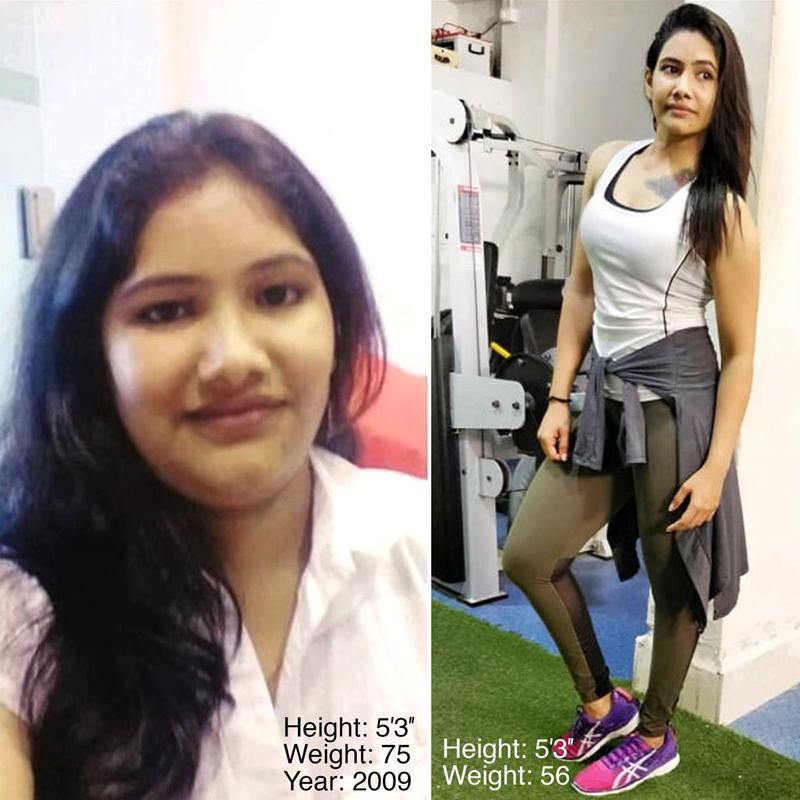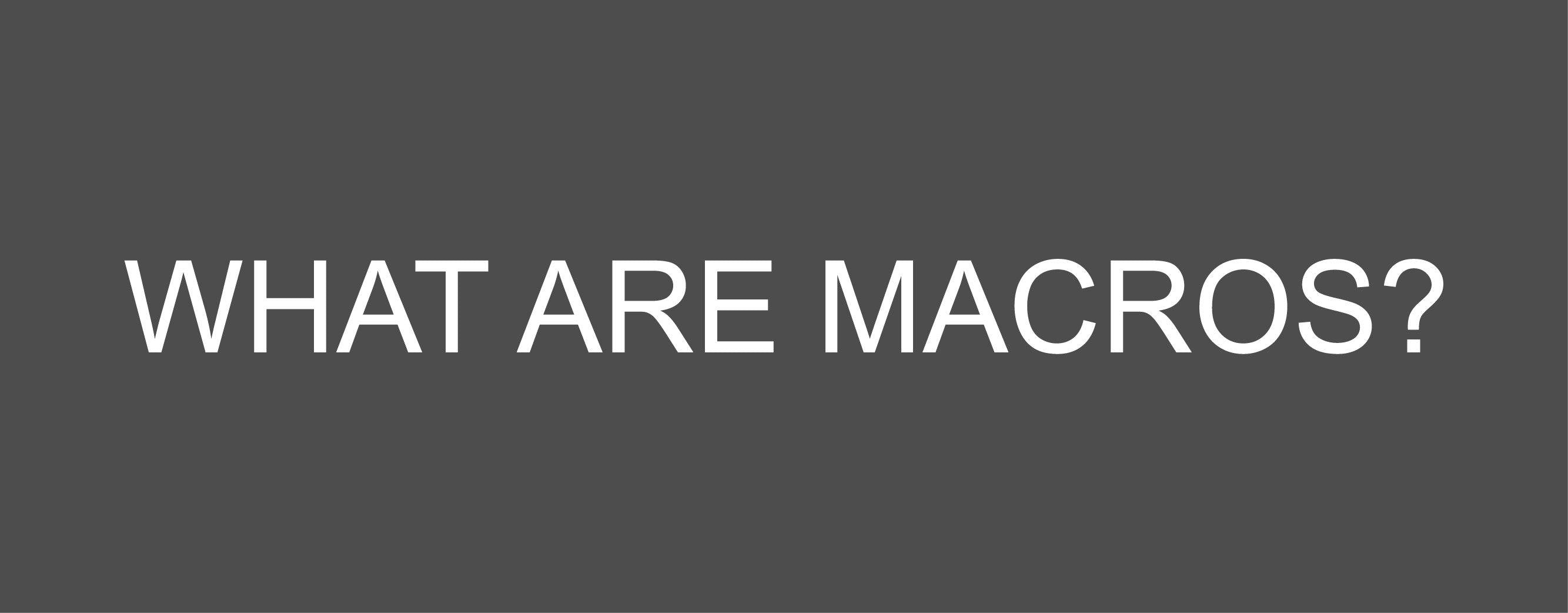What constitutes a meal or snack?
Snack attacks are no longer taboo. Eating several small meals each day gives us energy, can boost metabolism and keeps our blood glucose levels more stable. It’s important to choose snacks that count towards our nutrition for the day and fill in the gaps in our diet, rather than snacks filled with “empty calories” (calories that offer no nutrients).
Whatever snack you choose, try to limit it to 100-200 calories so it doesn’t become a meal and make sure to incorporate a variety of foods.
Some ideas for snacks include:
- Fresh fruits and vegetables – this is a great way to improve your eating habits and increase your intake of nutrients, fibre and disease-fighting phytochemicals. Plus, most are easy to grab and eat on the run. Go for a variety, including pears, berries, grapes, melon, cucumber, broccoli or coloured peppers
- Fruit smoothies are a great choice, especially if you use low-fat dairy (yogurt, milk) and mix with fresh, frozen or canned fruit in a blender
- Cereals – choose varieties that are high in fibre and low in sugar, and eat with low-fat milk
- Dairy products, like plain low-fat yogurt, cottage cheese, low-fat cheese or low-fat ice cream
- Peanut butter with bread or wholegrain crackers. Peanut butter is primarily fat, but most of it is heart-healthy monounsaturated fat
- Nuts contain healthy fats as well as nutrients. Limit yourself to a small handful
- Make your own trail mix with nuts, dried fruit, high-fibre cereal, fox nuts or try homemade granola



